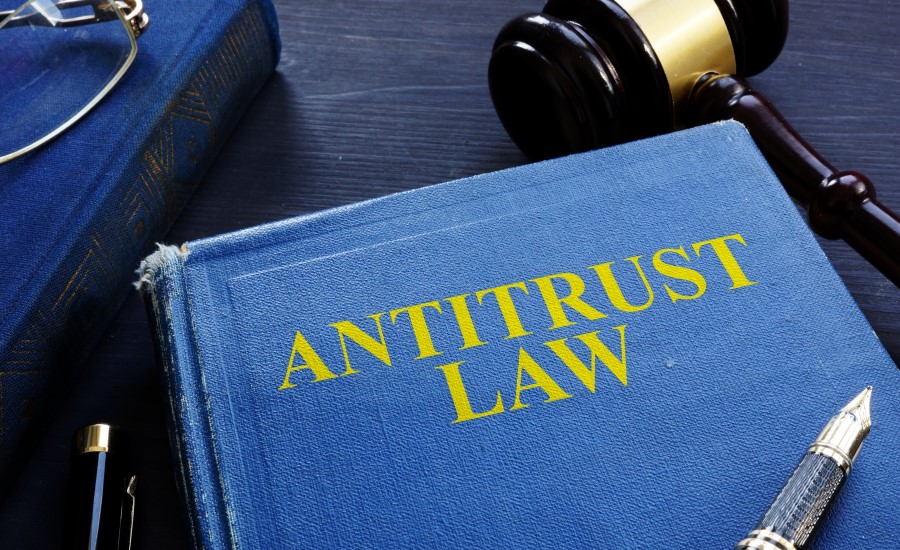
The Competition Commission of India (CCI), the country’s antitrust regulator, has come out with a draft framework for commitment and settlement of cases, as well as a draft merger control guideline which, when finalised and enforced, are likely to substantially over-haul antitrust regulation in the country. The CCI’s draft regulations for commitments and settlements (also known as S&C regulations) provide a mechanism for companies in the early stages of investigation to close an inquiry by offering behavioural and structural commitments which, when approved by the CCI, need to be carried out in a time-bound manner.
The intention behind the S&C regulations is to expedite dispute resolution and reduce costs by avoiding an otherwise lengthy investigation process and consequently avoid appellate litigation in courts.
Meanwhile, the CCI) is striving to capture notable mergers and acquisitions, especially those that are not widely reported in the digital industry, and has introduced draft regulations aimed at redefining the reporting criteria for such transactions.
The primary aim is to identify the Indian connection or significant business operations (SBO) that would necessitate reporting to the CCI.
HOW ARE BUSINESSES OPERATING IN INDIA RECEIVING THE S&C REGULATIONS?
While businesses have welcomed the draft regulations, some have raised concerns around certain provisions that are likely to de-incentivise companies from availing of its provisions.
“Parties will consider the benefit of these mechanisms in reducing the costs of a lengthy inquiry process and a more efficient resolution of potential competition concerns,” says Ravisekhar Nair, the head of competition at Indian law firm Eco-nomic Laws Practice.
But Nair explains that there are concerns around certain provisions of the S&C regulations that may need more clarification to make them more attractive to parties considering either a commitment or a settlement with the CCI.
“These mechanisms were introduced with the objective of effective market corrections, with reduced costs for parties and reduced regulatory burden for the CCI. That said, including certain changes to these regulations, especially concerning confidentiality of information submitted to the CCI, reduction in the extent of the settlement amount, lower application fees, could make these mechanisms more attractive for parties, resulting in more parties opting in for settlement and commitment procedures.”
While the S&C regulations have the intent of reducing regulatory burden on the CCI, its new draft CCI (Combination) Regulations (or merger regulations) increase its purview over M&A activity in the country.
HOW DO THE NEW MERGER REGULATIONS CHANGE THE CCI’S M&A CONTROL PROCESS?
The new merger control regulations will completely overhaul the existing mechanism for notification of transactions with the CCI, giving life to concepts introduced by the Competition (Amendment) Act earlier this year, including ‘deal value threshold’ (DVT) and ‘substantial business operations’ SBO), to cast a wider net over deals that might not otherwise have been notifiable.
Under the new proposed regime, the DVT is breached, and a notification is triggered where the value of a transaction exceeds 2,000 crore rupees ($251 million), provided that the target enterprise in question has ‘substantial business operations in India’.
“For DVT to apply, a target company must have SBO in India, and the draft regulations have included parameters such as number of users, visitors, subscribers, customers to ascertain whether an entity has SBO in India; however, these terms should be further clarified through examples or additional guidance from the CCI,” Nair says.
The definition of SBO has been introduced given the increase in the number of technology and internet businesses in the country, which often go under the radar in the current regime.
“Given the broad parameters for deal value calculation and SBO in India, there will likely be an increase in the number of transactions that may be notified to the CCI in the near future,” Nair says.
WHAT STEPS CAN COMPANIES TAKE TO PREPARE FOR THE NEW MERGER REGULATIONS?
Businesses looking to undertake M&A in India, particularly tech and internet companies, will have to re-align their calculation of deal value and business operations in the country in line with the proposed merger regulations.
“Given some of the ambiguities surrounding the parameters for calculating deal values and SBO in India, one might see parties going back to the drawing board and finding the best way to navigate through some of these unchartered regulatory territories,” Nair says.
An increase in notifiable transactions that is likely under the merger regulations, may also extend approval timelines for deals, Nair adds.
“The CCI’s track record under the combination regime has been stellar, and CCI has typically approved transactions well within stipulated timelines. However, given the ambiguities around DVT and SBO, a larger number of transactions might be notified to the CCI, since parties may opt to notify transactions where there is a lack of clarity to avoid scrutiny; this, in turn, would likely add to CCI’s existing regulatory burdens and extend approval timelines since CCI’s resources might become fairly stretched due to an increased number of filings.”

